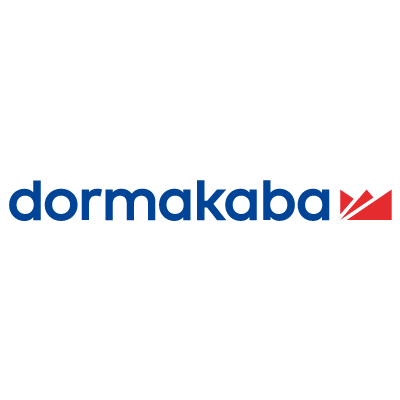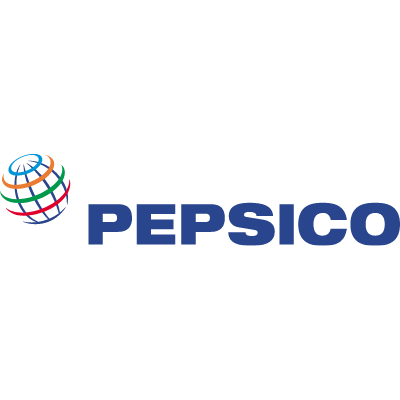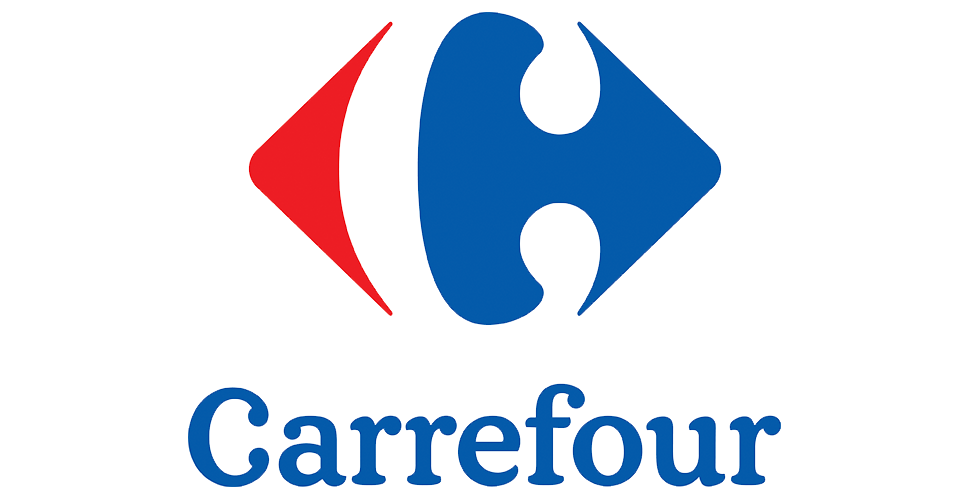For a company hiring development teams, finding the optimal outsourcing provider is the basis of a project’s success. Due to the high demand on the job market and the limited numbers of programmers, there is a justified concern whether the outsourcing company will keep the built team to the end of the project. From this article, you will learn how a software house should manage employee retention and thus help their clients boost their business performance.
Employee retention in IT projects. Why is it so demanding?
Companies that use the services of a team or individual specialists from outsourcing providers for dedicated software development usually achieve many benefits, such as:
- Flexibility—the ability to quickly expand the team for the duration of the project.
- Time-saving—faster team building with engaged employees compared to the recruitment conducted by a company itself.
- Efficiency—close matching of the skills of the recruited specialists to the project’s needs.
- Money-saving—compared to the total cost of employing their own teams.
Such a group of specialists guarantees the continuity of work on the project, which impacts measurable business benefits. However, in the current market trends, the challenge is to minimize employee turnover. Effective recruitment based both on hard and soft skills and adequate motivation of members of project teams is a must to retain employees and stay ahead of the competition.
In a well-functioning project team, after the first few months of working together, the team velocity increases significantly.
The group delivers a certain number of product features (story points) in a shorter time (in practice, we observe a decrease in the ratio of story points to hours of work). Even a team of the best specialists has its learning curve, and its synergistic value grows over time. The group uses repetitive elements it developed earlier and uses shared practices and tools more effectively.
At this point, the design team works like a well-oiled machine. A decrease in motivation inside the group is the last thing we want to see at that moment. It may irretrievably reduce the expected performance of the team. And that could mean a business and financial loss for a software house client.
Consequences of inefficient talent retention for the client
Outsourcing IT talents is beneficial, but problems may arise in keeping the development team motivated. While searching for the right software house, it is crucial to pick one with experience in managing staff motivation and with a proven retention strategy.
As a client, you need a partner that will prevent the group from feeling alienated while working outside their parent organization. It may require a proper onboarding process or providing developers with all the benefits they are entitled to by their main employer, from taking part in the company’s culture to participating in conferences, industry events, or training events.
Even a drop in the motivation of one team member affects the others. Colleagues observe each other. They can be influenced by the others’ attitudes and negative habits. A particularly negative impact on team culture has been the decline in employee satisfaction among older and more experienced workers. The decline in seniors’ morale affects younger colleagues.
In a difficult scenario, a lack of motivation may lead to employee dissatisfaction. This is harmful to the atmosphere in the team, its commitment, and the entire project.
Therefore, the key to success is to choose a software house that will solve any emerging problems. And thus, maximizing employee retention will ensure the success of your business from start to finish.
Especially now it is necessary to take care of the motivation of IT engineers. There is a great demand for these specialists in the labor market and it is very difficult for human resources specialists to recruit top talent.
Of course, falling motivation of your team is not the only risk you need to mitigate. There are many others, especially related to building a software development team from scratch.
Enough theory. Let’s see how to put it into practice to lower employee turnover.
8 proven employee retention strategies
Before we get down to that the practicalities, let’s make it clear that the salary of an IT engineer is not a motivating factor these days.
To strengthen employee motivation, earnings should be transparent and market standardized. Competitive compensation must depend on the developer’s skills, technologies (e.g. programming languages, Web frameworks, data bases etc.) he/she knows, and experience. Simple conclusion: building IT specialists’ motivation begins with everything that is non-financial.
So what, if not salary, motivates valuable employees delegated to project teams? Here are eight proven solutions and good practices that your outsourcing partner should implement to maintain high group engagement from start to finish.
1. Challenging projects for employee engagement
This is one of the most important motivating factors. IT specialists expect that they will implement interesting, unconventional projects. They hope that their work will be of great importance to business or society. Meaningful projects—challenging and developmental—are what IT engineers need. In this case, the involvement of the project team will depend on the project itself.
2. High-tech technologies and solutions for professional development
This is another significant component of motivating developers. Employees expect to participate in projects that use the latest version of specific technologies, modern tools, practices, and solutions. It is also an element that is strongly associated with personal growth. Outsourcing providers should persuade clients to be open to these types of setups.
3. Maturity of processes and practices increase job satisfaction
The company culture and quality of the organization of project work motivate specialists a lot. They evaluate and appreciate good practices, processes, and organizational values. Developers at the junior and mid-level in particular are interested in the quality of management and the level of practical experience of project managers.
A good practice of software houses is to advise clients on the organization of project work. They can also fill management and leadership roles in the project and transfer a proven set of practices, processes, and tools fully adaptable to each project.
4. Variety of project tasks makes employee retention easier
New challenges increase motivation. IT developers prefer to create new products or develop innovative functionalities. Motivation drops when they have to troubleshoot, maintain the product, or fix defects. This applies strongly to work on older solutions built by a former team.
It is a good practice to distribute maintenance tasks among team members. Ensure that each of them receives an appropriate number of development tasks. You can also rotate the maintenance team and communicate changes to members in advance to strengthen retention efforts.
What’s more, it is worth taking making sure there is diversity in everyday development tasks, as long as it does not conflict with technical skills. Less-experienced employees should be motivated by assigning them to more challenging tasks.
5. Common goals and recognition boost employee retention
Understanding the meaning of the developers’ work is another notable motivating factor. What is the business purpose of the project? How will the client benefit from the developed product? What problems of users will the given functionality solve?
Feeling that they are doing something that matters is very important. It is necessary for outsourcing providers to help the project team understand and share the client’s business goals. This affects motivation but also increases efficiency and boosts retention.
It is also key to appreciate the work of the group. The team should receive appropriate recognition, for example, for a successful release. It is also worth cultivating a culture of celebrating small successes together.
6. Good relationships in the team increase employee engagement
Due to the frequency of interactions in a project team, the relationships between its members are crucial. Motivation and work efficiency come from the positive culture within the group. Developers should understand the importance of entrusted tasks, common goals, and the importance of a good atmosphere within the team.
Friction between team members is often harmful to those directly involved in the conflict and the entire environment. Antagonisms need to be explained and nipped in the bud, even by decisive actions involving an exchange of team members.
As part of a framework contract with a company that offers IT engineer services, a personality analysis (insights) of team members should be conducted in terms of complementarity and conflict of roles in the project. On this basis, it’s easier to select the best-matched group members.
In the periodic performance review, it is also worth including an assessment of the soft attitudes of team members and how they influence colleagues.
7. Time pressure in the project and work environment matters
Project teams can work under time pressure as long as it is for short periods. Delivering a deadline or responding to an urgent client’s need is understandable. However, a healthy work–life balance is a must.
The problem comes when the team feels that they are running a marathon at sprint pace. Employee satisfaction decrease when developers do not understand when and under what circumstances a moment of relaxation will come, which demotivates them.
Therefore, if such a situation occurs, it is crucial to diagnose it quickly, verify the goals set for the team and, if necessary, increase the team size to maintain work–life balance at an acceptable level.
8. Company life, training, and career development of employees
Regardless of the model of the personal composition of the project team (augmentation, hybrid, or management team), the specialists employed in the company providing software development services should maintain a positive relationship with their own company.
Developers must feel that the company understands them, supports them, and cares about their personal development. This is especially challenging in the augmentation model where project teams are composed of clients’ employees and specialists from various outsourcing companies. In such cases, IT engineers should not devote 100% of their time to working on a project. This may affect employee engagement.
A good practice for a software house is to plan that IT specialists can spend about 4–12 working hours a month on participation in corporate events and professional development activities. Such companies should encourage employees to take part in presentations, webinars, integration meetings, internal conferences, or hackathons. Developers should also have time to meet their supervisors from outsourcing providers or mentors.
IT talent retention—key takeaways for a software houses client:
Hiring a development team from an external outsourcing company can bring you many business benefits. However, having a software house select a group of specialists for you is only the first step towards a project’s success. When searching for the right partner, pay attention to the following matters:
- How does the outsourcing provider keep developers motivated?
- Does the software house have a proven employee retention strategy?
- How often do their IT engineers work from the beginning to the end of outsourced projects?
- Does the partner propose a ready-made solution to prevent employees from departing in the framework agreement?
In long-term IT projects, having good employee retention strategies matters. Choose an outsourcing provider that will comprehensively address all your needs, knows how to retain talent, and gives your company’s success the highest priority.









